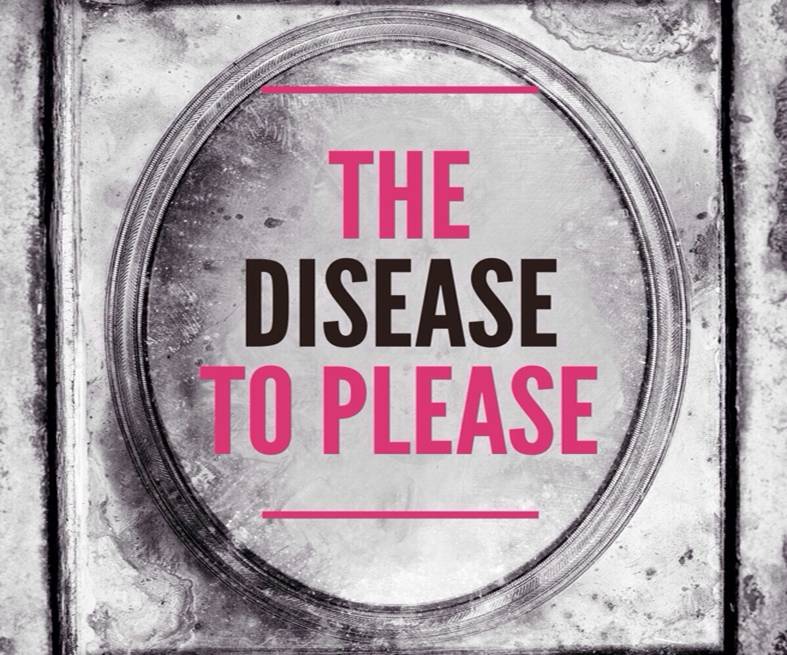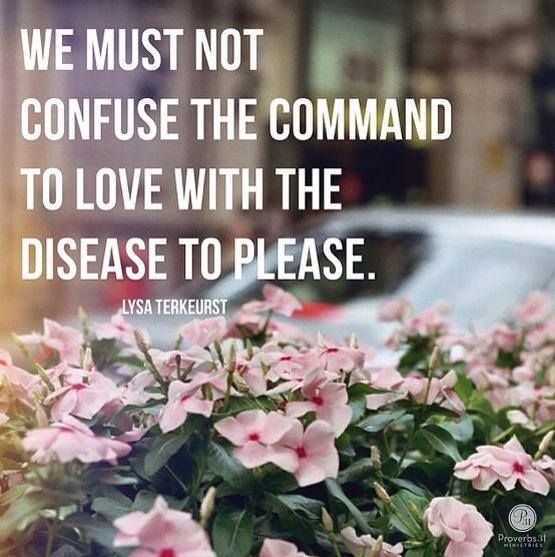
Children are affected strongly by their emotional state. When I work with children, I can see their performance decrease when they are emotionally preoccupied. Some kids are affected more and others less, but all of them drop in performance when they are down.
Kinesthetic children are typically affected more, because they are very sensitive to the people around them. These kids can “sense” others around them and all they want is for “everyone to be happy and nice to each other”.
Children who are highly sensitive to pressure are at risk of developing “the disease to please” – dependence on external rewards and over-sensitivity to pressure. It is the perception that other people’s feelings are so important that they trump your own.
In most cases, “the disease to please” comes from fear of rejection, which most people want to avoid. Many people have this disease and they got it during their childhood. We can say that this kind of disease is contagious and we catch it from our parents…
How it all starts

Those were the tools used to “convince” them to please their parents. Naturally, most of use the same tools on our kids, because we do not know any other way.
My parents used the methods they knew, too. Without studying education, I would probably have used their methods to “convince” my own children to follow my rules, my advice, my suggestions, my philosophy and my way of life to increase my own feeling of satisfaction.
I am grateful for the opportunity to learn about emotional development. It helped me understand that the desire to please others, which stems from our desire to please our parents, is a disease that brings a lot of suffering to our life.
Being a “pleaser” is risky
Pleasing others is a problem mainly because it does not follow our own personal interest. If you are using dysfunctional methods to “convince” your child, you are teaching him or her to give in to pressure easily.
When “pleaser” children face pressure from more than one source, they will follow the source that puts the most pressure, instead of doing the best thing for themselves. If you think that when they leave the house they suddenly sort out which source of pressure is motivation and which one is not, you are wrong!
Even if your intentions are pure and positive, your kids only feel the pressure. What “pleaser” children learn is to avoid pressure, and the only way to do it is to avoid trying, let go of own desires, think low of themselves, feel inadequate, practice self-doubt and have weak motivation.
I get many questions from parents about motivating kids. Unfortunately, many of these parents do not consider their own role in motivating their kids.
Your behavior can either help your kids move forward or push them with force and pressure to move forward. If you apply a bit too much pressure, you will face resistance. We are talking about a fine line between the right motivation and the wrong motivation.
If your child has the disease to please, he or she has the wrong motivation.
Others can manipulate your “pleasers”
It is very hard to direct a child who has the disease to please, because they do everything in their power to avoid conflicts and will sacrifice their own interests to do it. Children with the disease to please are not assertive and they will be easy to manipulate.
Think of it this way. The price of raising a kids who will do anything to please you is making them easily manipulated by anyone who can put a bit of pressure.
For example, their friends can easily manipulate them to drink alcohol, do drugs, have sex or steal in order to be accepted. Or their boss at work can manipulate them to work long hours without enough pay or time off just to keep their job. Or even their partner can make them do the things they do not want to do just to feel loved.

Developing the disease to please in children is like ransom. “For me to love you, you need to give me…” or “If you want me to love you, you need to…”. This is conditional love, not real love. Do not confuse between them.
If you put obedience as a condition for your love and attention, do not be surprised if others use the same technique to engage with your child. After all, you taught your child that this is the way to interact with people.
This behavior is often followed by anger and resentment, which puts children with the disease to please in a very sensitive and risky position.
How to Overcome the Disease to Please
What can you do?
- Assess if your child has the disease to please
- Assess the severity of the problem
- Never express disappointment
- Encourage your children to express disagreement
- Ask your kids for their opinion about things that affect their life
- Discuss topics like behavior, attitude, communication and parenting to develop critical thinking
- Encourage your kids to follow their gut instincts, even when you would make different choices
- Congratulate your kids for following their heart and trying things that are different from the norm. Do this regardless weather they succeed or not
Please remember that kids with the disease to please are typical candidates of “the approval trap”. Read more about the approval trap and how to free your child from it in the Approval Trap post series.
Happy parenting,
Ronit











